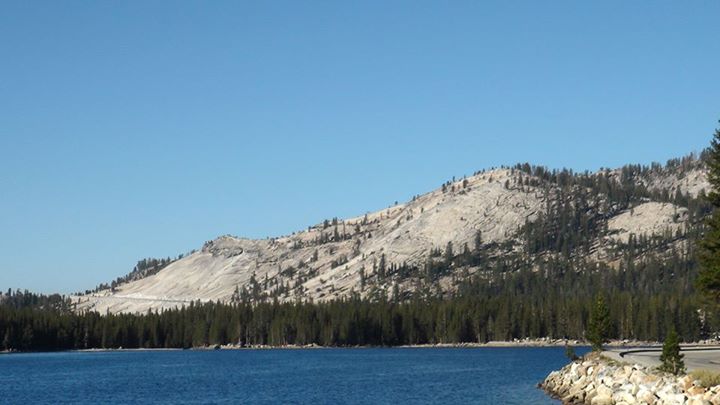
Wednesday, 28 August 2013
What if God, wanting to show His wrath and to make His power known, endured with much longsuffering the vessels of wrath prepared for destruction,… Romans 9:22
Here in today’s verse we see the first portion of a train of thought which could easily be confused with the doctrine known as double-predestination – God creating some for destruction and some for salvation. One would have to ignore the vast body of evidence to the contrary to come to this conclusion though.
It should be noted that a contrast is being made between those who will receive mercy and those who won’t. This shows us, quite clearly, that there are two groups of people on earth – the lost and the saved; sinners and saints. If “all have sinned” as the Bible shows us to be true (Romans 3:23) then all were once lost. The category of the saints is one which is received after being a part of the category of the lost – and none deserved to be saved. Therefore, when Paul says, “What if God, wanting to show His wrath and to make His power known” he is saying that it is something which is deserved on all people. We can go to Ephesians 2:3 to confirm this –
“…among whom also we all once conducted ourselves in the lusts of our flesh, fulfilling the desires of the flesh and of the mind, and were by nature children of wrath, just as the others.”
Understanding that we were all under God’s wrath, we can now put in context the second half of this verse (which is cited as a validation of his comments about Pharaoh). God “endured with much longsuffering the vessels of wrath prepared for destruction.” The term “much longsuffering” indicates that God was extremely patient with these people, allowing them to continue on when they only deserved destruction. But remember again, we also were “children of wrath” and so this is speaking of us as much as it is of Pharaoh or anyone else who has existed.
God has spared us, despite our fallen and rebellious state. During this time, he offered to us His pardon and, being saved, we must have accepted it. God likewise offered the Pharaoh temporal pardon. “Let my people go” indicates that if Pharaoh obliged, he wouldn’t have been destroyed. It also allows that Pharaoh could have said, “If these are Your people, and You are God, then I will join to Your people.” Proof of this is found in Ruth 1:16, 17 –
“Entreat me not to leave you,
Or to turn back from following after you;
For wherever you go, I will go;
And wherever you lodge, I will lodge;
Your people shall be my people,
And your God, my God.
Where you die, I will die,
And there will I be buried.
The Lord do so to me, and more also,
If anything but death parts you and me.”
Ruth was in the same boat as Pharaoh (the boat we all were in) until she made her eternity-changing decision. Before she was a vessel of God’s mercy, she was a vessel prepared for destruction. Pharaoh had a choice to make and he chose unwisely. Double-predestination cannot be found in this verse. Nor can be found the concept of monergism (salvation apart from free-will).
Life application: When you see the lost, know that this means more than a casual concept of “not going to heaven.” Instead, it means that they are vessels prepared for destruction. How can you willingly hold back the good news which will bring them life when such a fate is otherwise assured?
Lord, Your word teaches that there are just two categories of people – the lost and the saved. Your word also teaches that there is but one way to move from “lost” to “saved” and that is through the shed blood of Christ. I thank You that He died for me and I ask that You use me as a vessel to share this great gospel of hope with others. Guide me to doors of opportunity and then give me the right words of instruction to receptive hearts. Amen.
